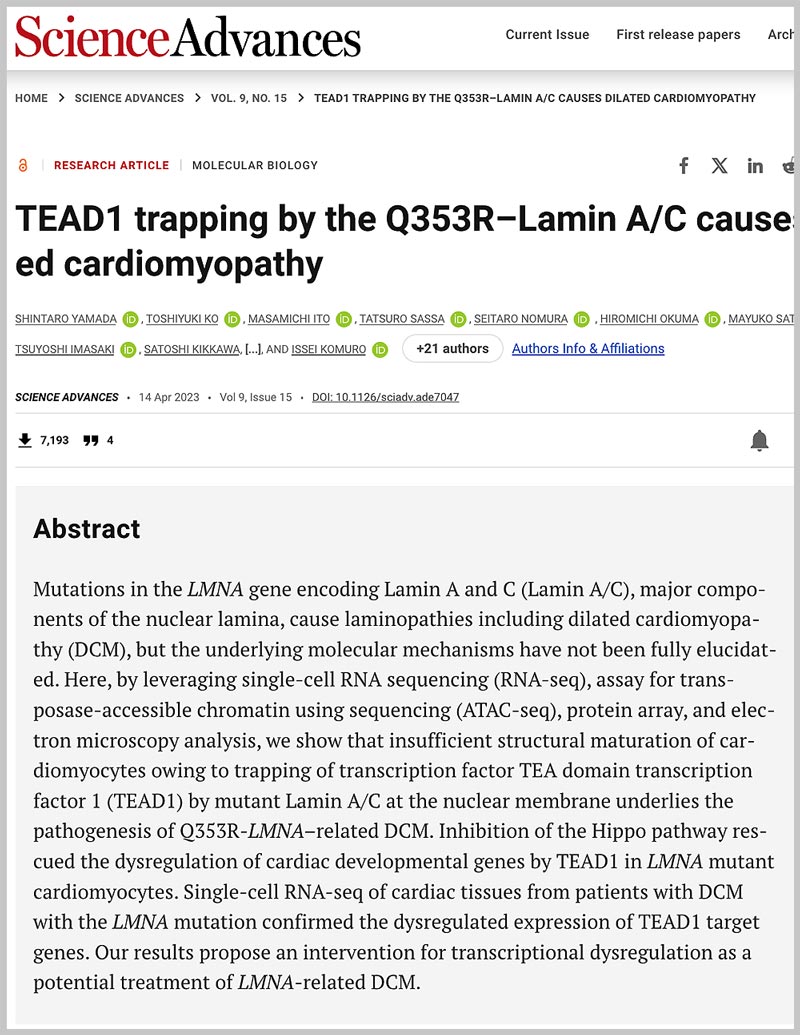- Follow Us
CDI Labs Services for
Protein-Protein Interactions
Gain insights into protein-protein interactions (PPIs) that are essential for all biological processes.
REQUEST INFOHuProt Helps Identify Novel Drug Targets
Achieve improved treatments and better patient care
Protein-protein interactions (PPIs) are essential for virtually all biological processes, governing cellular signaling, gene expression, metabolic pathways, and many other functions. These interactions occur when two or more proteins bind together to form complexes, enabling various cellular activities. Dysregulated PPIs are implicated in numerous diseases, including cancer, neurodegenerative disorders, infectious diseases, and autoimmune diseases. Understanding and targeting PPIs is a key strategy in today’s drug discovery process. By targeting specific interactions within PPI networks, researchers can identify novel drug targets and develop therapeutics that modulate disease-relevant pathways, ultimately leading to improved treatments and better patient care.
The featured publication below demonstrates a conserved mechanism that TEAD1 trapping by mutant Lamin A/C at the nuclear membrane induces transcriptional dysregulation and structural maturation abnormality in cardiomyopathies, which can be treated through intervention in the Hippo signaling pathway. HuProt™ microarray screening identified a series of proteins more strongly bound to Q353R Lamin A/C than WT Lamin A/C. Among them, TEAD1 was shown to bind to Q353R Lamin A/C with an eightfold higher affinity than to WT Lamin A/C. This result was confirmed with Western blotting analysis.
TEAD1 trapping by the Q353R–Lamin A/C causes dilated cardiomyopathy
Abstract
Mutations in the LMNA gene encoding Lamin A and C (Lamin A/C), major components of the nuclear lamina, cause laminopathies including dilated cardiomyopathy (DCM), but the underlying molecular mechanisms have not been fully elucidated. Here, by leveraging single-cell RNA sequencing (RNA-seq), assay for transposase-accessible chromatin using sequencing (ATAC-seq), protein array, and electron microscopy analysis, we show that insufficient structural maturation of cardiomyocytes owing to trapping of transcription factor TEA domain transcription factor 1 (TEAD1) by mutant Lamin A/C at the nuclear membrane underlies the pathogenesis of Q353R-LMNA–related DCM.
VIEW PAPER
